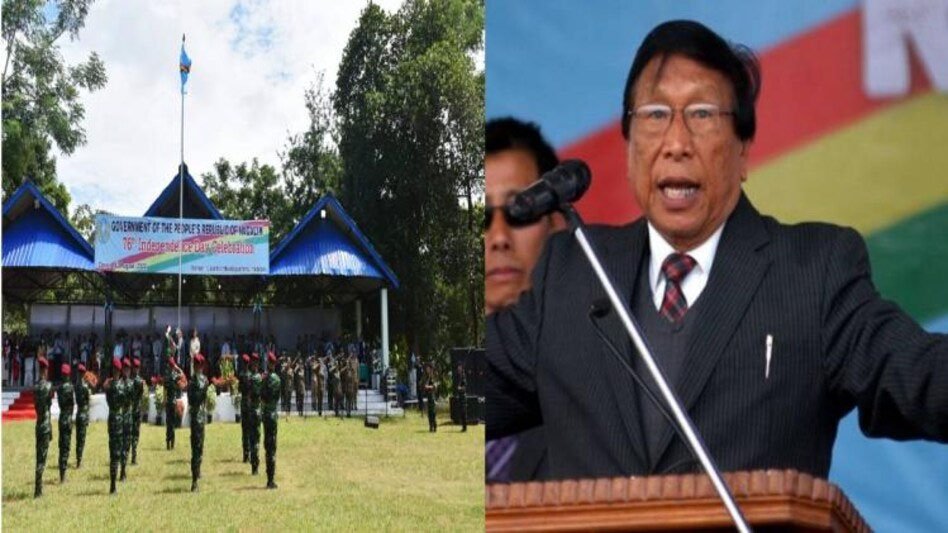SENAPATI, April 4 (NNN): United Naga Council (UNC) has questioned the government as to why the latter was selective in lifting Disturbed Areas Act (DAA). UNC has expressed concern that the government chose only the ‘valley areas’ in Manipur for lifting the Act.
In this regard, UNC questioned the rationale of not lifting AFSPA-1958 in the ‘Hill Areas’ in Manipur when ceasefire agreement between Government of India and NSCN is in place since 1997 and Suspension of Operation (SoO) with the “Kuki Chin Group” also is effectively being implemented. “Any justification in this regard will defy any logic and hence will not stand the test of time. Hence, it is the best time to seriously engage in dialogue and sincerely address all issues for a lasting political solution in the region,” UNC said.
According to UNC, in the context of Manipur State, the “usual discriminatory attitude” of the State Government has again laid bare for the whole world to see. “Though New Delhi alone has the power to make decision to affect any changes on the matter, the input(s) from the State Government of the day is crucial and hence lifting of Disturbed Areas Act selectively only in the valley areas in Manipur points to the fact that ‘Hill Areas’ will continue to be under AFSPA and endure the pain and agony of chauvinistic onslaught of the security forces,” UNC added.
UNC then said that New Delhi had withdrawn the Armed Forces (Special Powers) Act 1958 in parts of the three North Eastern states of Assam, Nagaland and Manipur on March 31, 2022. It also said that the chief ministers of the three states have expressed appreciation to the BJP led government at the Centre by “profusely praising” the Prime Minister of India, Narendra Modi for the perceived good gesture. “United Naga Council knows it is a deceptive move to show that it is doing something good, though no substantial change in military mobilization can be seen from such a move in the area and that has no relevance to the affected people,” the Naga body added.
The UNC then urged the Government of India to desist from indulging in “usual discriminatory action and repeal this out-dated draconian law” wherever it is being promulgated. It added that such an “archaic law” that has its roots from the colonial period has no place and it is not needed in modern democracy.







